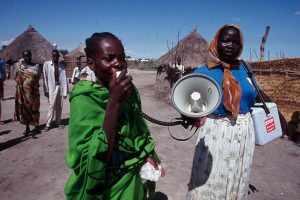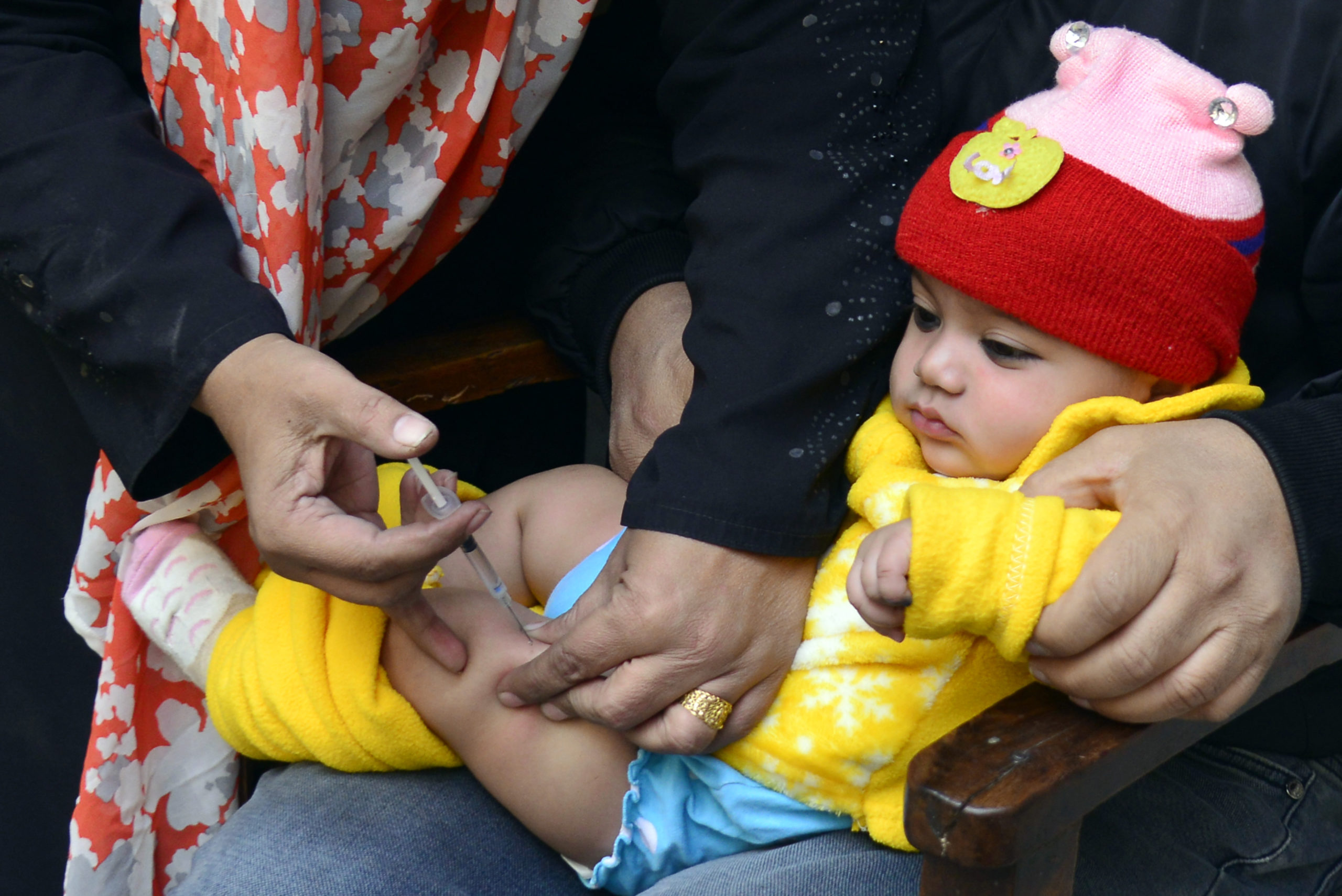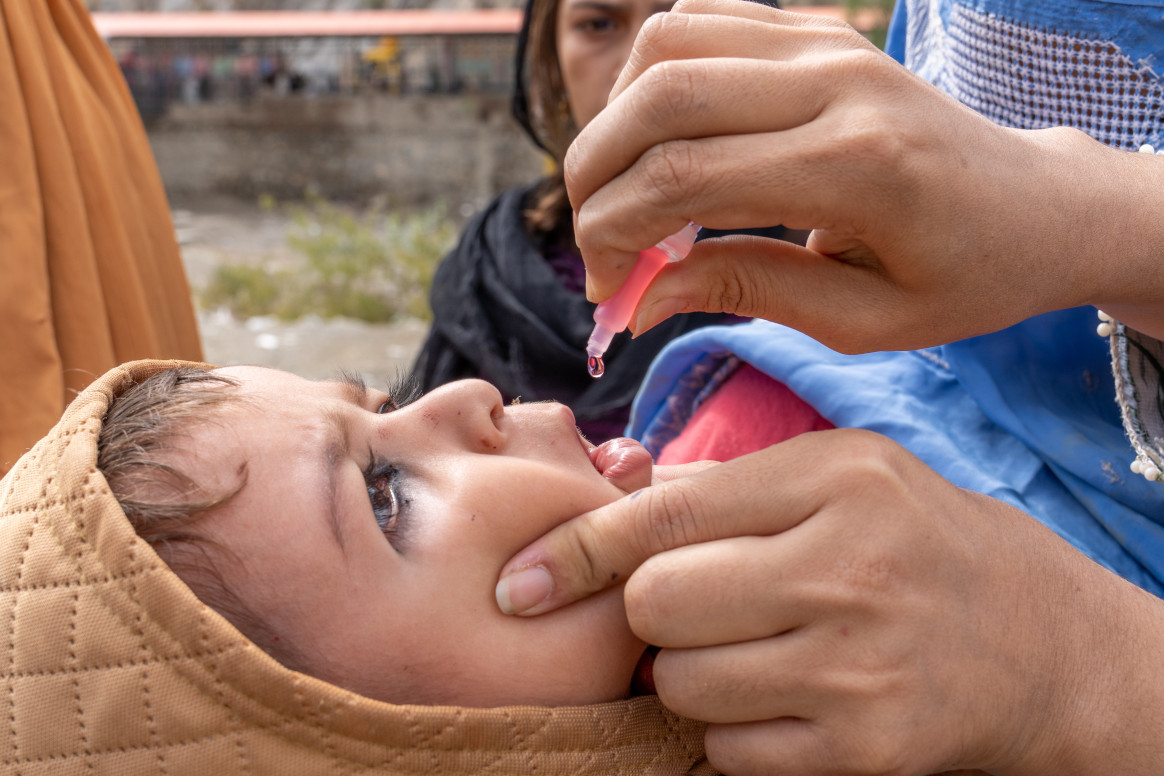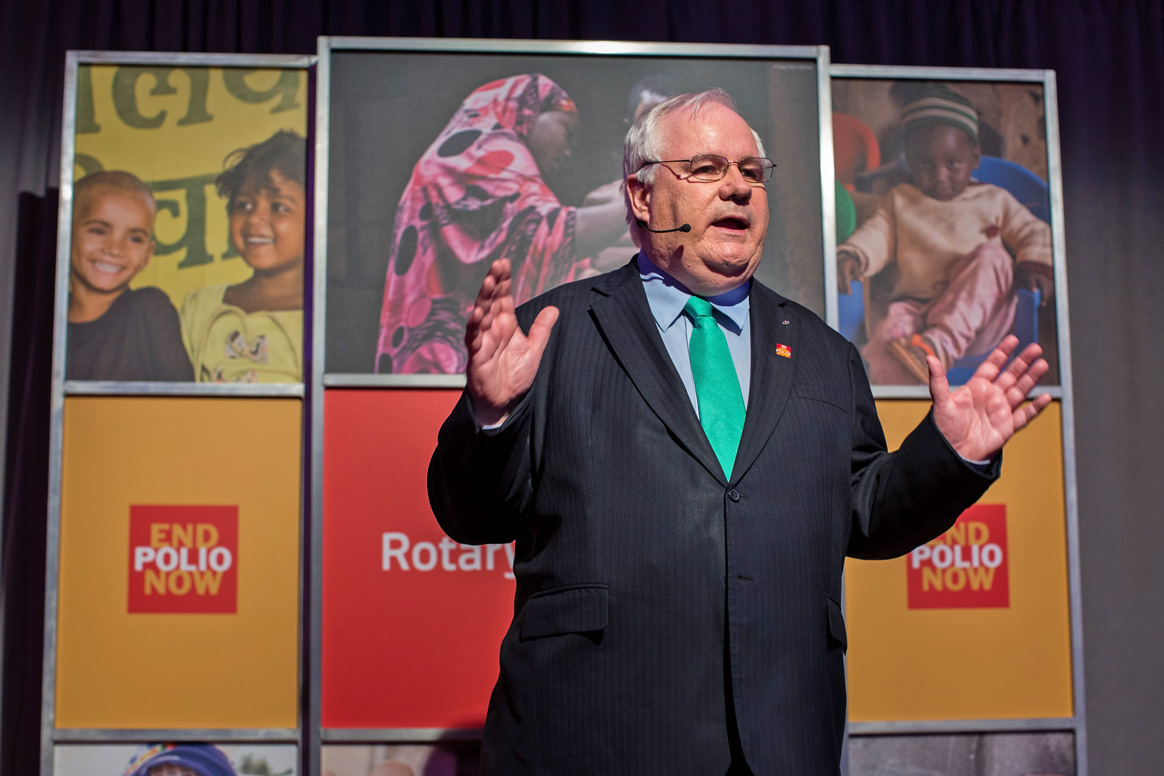
Three suspected cases due to wild poliovirus type 1 (WPV1) from South Sudan are currently being investigated. The cases had onset of paralysis on 15 August, 20 August and 24 August; two are from North Bahr El Gazal state (close to the border with Sudan), and one is from Eastern Equatoria state (close to the border with Kenya and Uganda). The cases are three female children, aged 21 months, 26 months and eight years, with a history of previous immunization with oral polio vaccine (OPV). Genetic sequencing is ongoing to provide final confirmation of the laboratory results and determine the origin of the isolated viruses.
The Horn of Africa is currently experiencing an outbreak of WPV1, with 174 cases in Somalia, 14 cases in Kenya and three cases in Ethiopia. Because of the routes of poliovirus spread in previous Horn of Africa outbreaks, South Sudan had been considered at high risk of re-infection. In 2013, South Sudan conducted two National Immunization Days (NIDs) in March and April, with additional NIDs planned for November and December. Subnational Immunization Days (SNIDs) were conducted in August.
Contingency plans for an emergency outbreak response are currently being finalized, including an immediate supplementary immunization activity (SIA) in and around the infected areas.
An international team of experts is being dispatched to South Sudan, to assist local authorities in further case investigations, planning for appropriate outbreak response, and further intensifying active searches for additional potential cases.
Immunization rates in neighbouring Sudan and Uganda are also being assessed; as needed, additional SIAs will be conducted to help fill any identified immunity gaps. Uganda conducted SNIDs in July and September, with further SNIDs planned for October and NIDs in December; Sudan plans to conduct NIDs in November and December. Outbreak response in Somalia, Kenya and Ethiopia is continuing.
It is important that all countries, in particular those with frequent travel and contacts with poliovirus-affected countries and areas, strengthen surveillance for cases of acute flaccid paralysis (AFP) in order to rapidly detect any new virus importations and to facilitate a rapid response. Countries, territories and areas should also maintain uniformly high routine immunization coverage at the district level to minimize the consequences of any new virus introduction.
Through its Regional Offices for Africa and the Eastern Mediterranean, the World Health Organization (WHO) is continuing its support to countries in planning and implementing emergency outbreak response activities across the region.
WHO’s International Travel and Health recommends that all travellers to and from polio-affected areas be fully vaccinated against polio.



